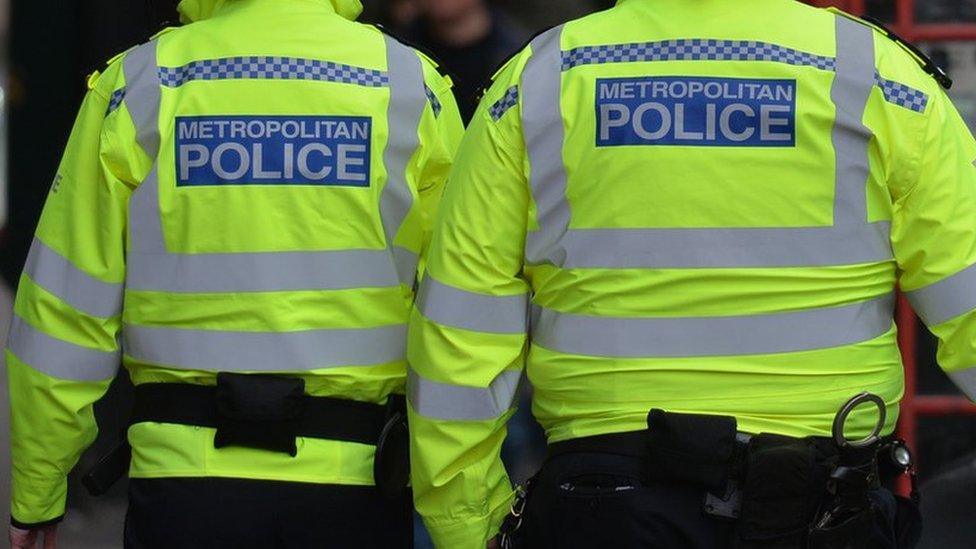Met Police failing in areas of its work, inspectors say
- Published
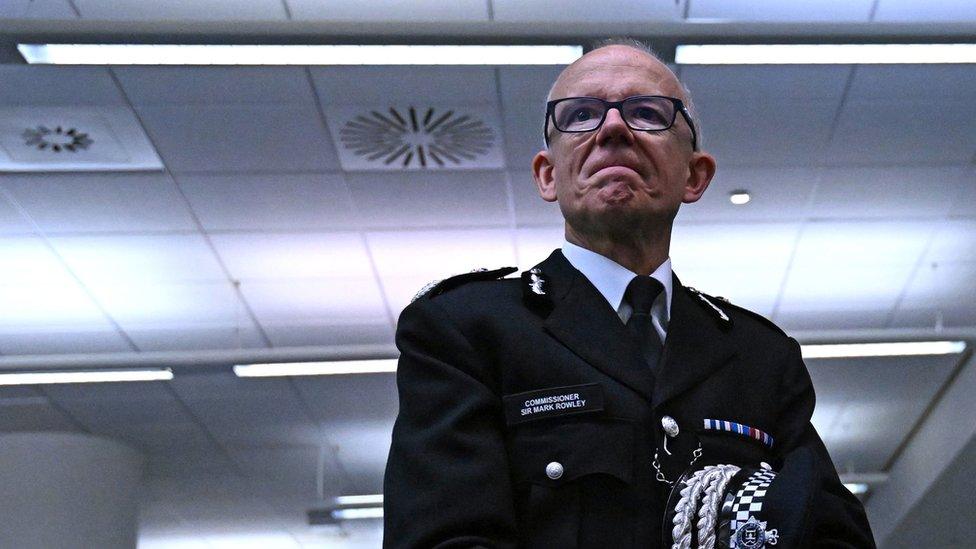
Sir Mark Rowley is just days into his role as Metropolitan Police Commissioner
The Met is "failing" in several areas of its work, according to the police inspectorate, which has raised "serious concerns" over the force's performance.
His Majesty's Inspectorate of Constabulary and Fire & Rescue Services (HMICFRS) said the Metropolitan Police must make "urgent improvements".
It follows a series of scandals that have engulfed Scotland Yard.
However, the report described "many successes", external at the Met Police, which it said was good at preventing crime.
The force said it was "committed to making changes to address all of the issues that the report highlights".
HMICFRS graded the Met's performance in the way it responds to the public as "inadequate", while finding it "requires improvement" in areas such as investigating crime, protecting vulnerable people and managing offenders.
The force was judged as "adequate" in two areas of its police work but only found to be "good" in one.
Inspector of Constabulary Matt Parr said his concerns about the force had been growing for a "considerable time" and this latest report "raises serious concerns about how the force responds to the public".
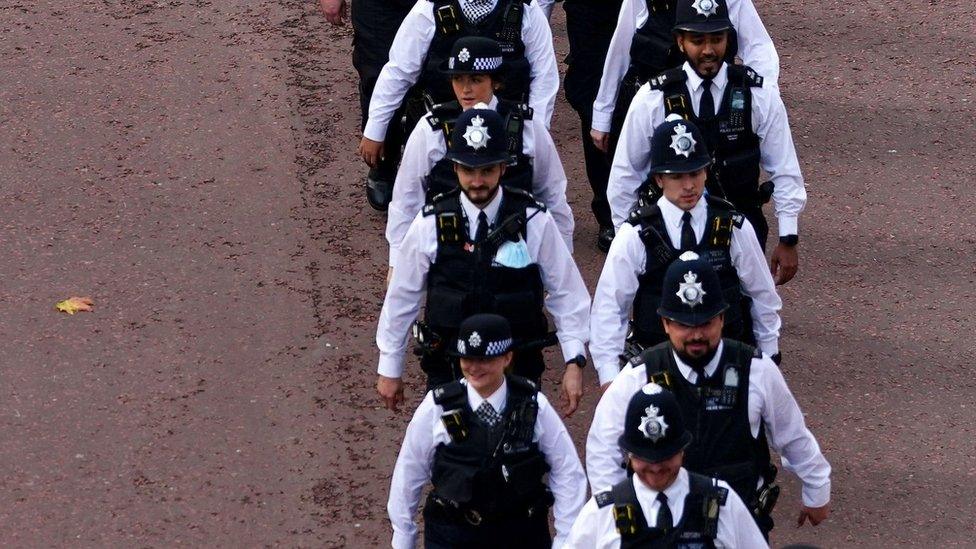
The Met was praised for the large policing operation in the run-up to the Queen's funeral
Among his criticisms was that calls from the public were not being answered quickly enough.
Mr Parr added that the force must better support officers and staff. Investigations were not being overseen properly, he said, and work was being allocated unfairly, placing "undue pressure" on some staff.
HMICFRS's findings have been published just days after Sir Mark Rowley took over as commissioner of the force following Dame Cressida Dick's resignation earlier this year.
The Met has said it recognised the "concerns" raised by the report. Deputy Commissioner Lynn Owens said: "Our new Commissioner, Sir Mark, has returned to policing with a clear plan for change at the Met.
"We are both determined to renew policing by consent, working with communities to deliver the kind of police service Londoners need and deserve."

Analysis
By Sonja Jessop, BBC London home affairs correspondent
Sir Mark Rowley took up his role just last week, at the helm of a police force where a series of scandals has severely damaged public confidence - and just three months after it was placed in a form of special measures by the watchdog.
The report highlights problems with the Met's response to the public, and its handling of emergency and non-emergency calls: an issue which was raised repeatedly at a community meeting arranged by police in Greenford last month, following the killing of Thomas O'Halloran.
Sir Mark has promised to make urgent reforms to modernise the force, including its use of technology and data. Other challenges, such as the high number of inexperienced staff, may be harder to address: the Met is trying to recruit 4,000 new officers by next spring.

Elsewhere in the report, Mr Parr acknowledged that the Met "operates under scrutiny other forces do not face" and praised the large-scale policing operation in the wake of the Queen's death.
Inspectors also came across "many successes and some examples of innovation" in crime detection, he said, adding that the Met is "good at preventing crime and anti-social behaviour".
Following the report's publication, Mayor of London Sadiq Khan said he was confident Sir Mark "understands the extent of change and reform required within the Met."
"Sir Mark has been clear with me that he is committed to implementing a robust plan to rebuild trust and confidence in the police as well as driving through the urgent reforms and step change in culture and performance Londoners deserve," Mr Khan said.
In a letter before his tenure began,, external then-home secretary Priti Patel demanded that he address the "appalling mistakes of the past".
The force will continue to face close monitoring after being placed into a form of "special measures" earlier this year, Mr Parr said. The move followed a series of issues that "raised issues around confidence and trust".
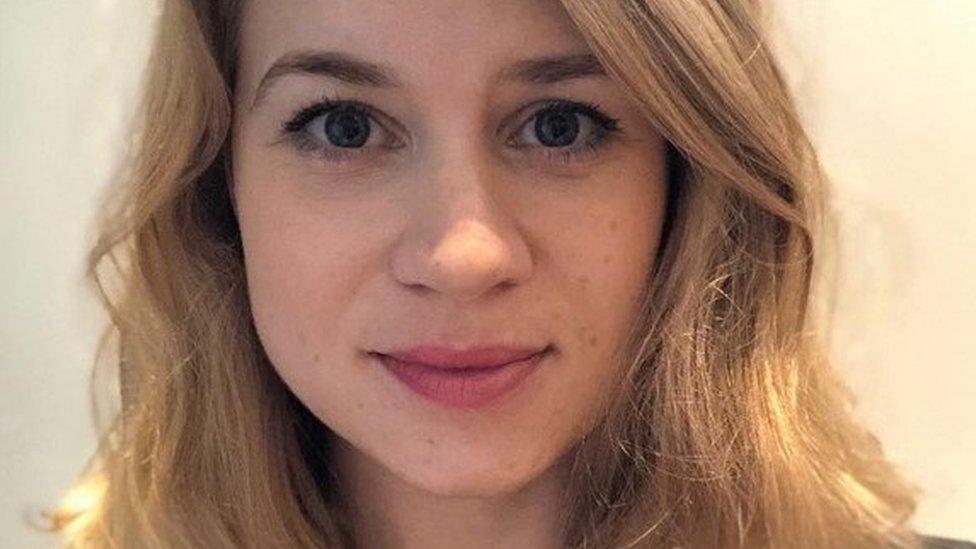
Sarah Everard was murdered by serving police officer Wayne Couzens
The Met has faced strong criticism over issues including the murder of Sarah Everard by serving officer Wayne Couzens, strip searches of children, failures investigating the deaths of the victims of serial killer Stephen Port, and a series of disturbing messages shared by a group of officers based at Charing Cross police station between 2016 and 2018.
On Wednesday, a serving Met constable and an ex-officer were found guilty of sharing "grossly racist, sexist, and misogynistic" messages with Couzens.
The force is currently being investigated over the fatal shooting of Chris Kaba, 24, who died after a police pursuit in south London on 5 September.
Two separate reviews into the Met are taking place - one to scrutinise the force's culture, while the another will look at the police career and conduct of Couzens.

Follow BBC London on Facebook, external, Twitter , externaland Instagram, external. Send your story ideas to hellobbclondon@bbc.co.uk, external
- Published4 September 2022
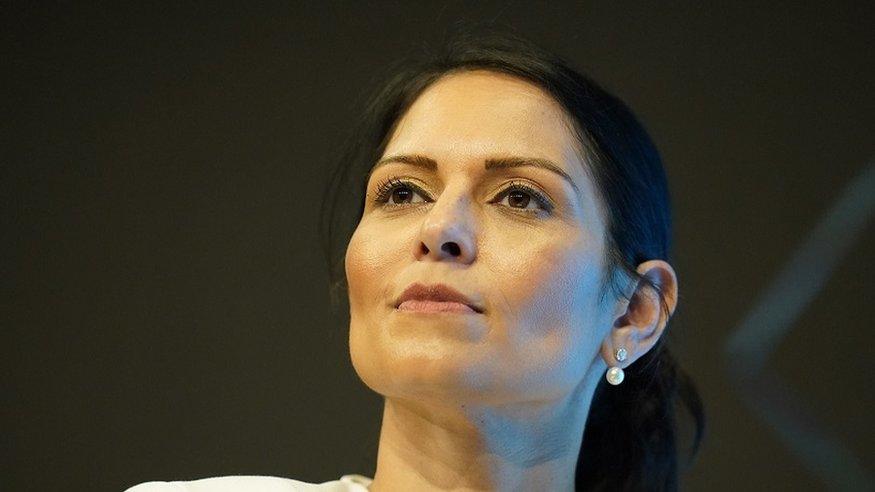
- Published28 June 2022

- Published20 April 2022
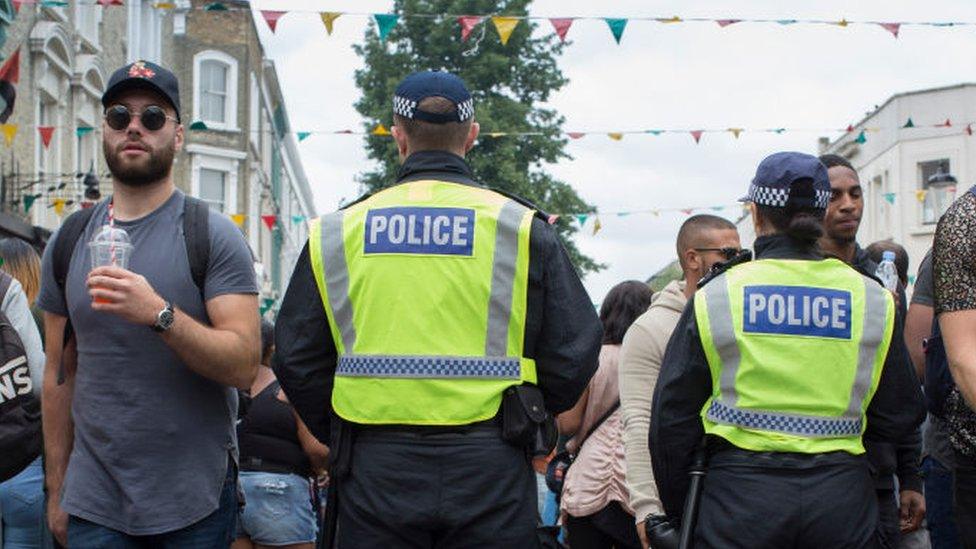
- Published20 April 2022
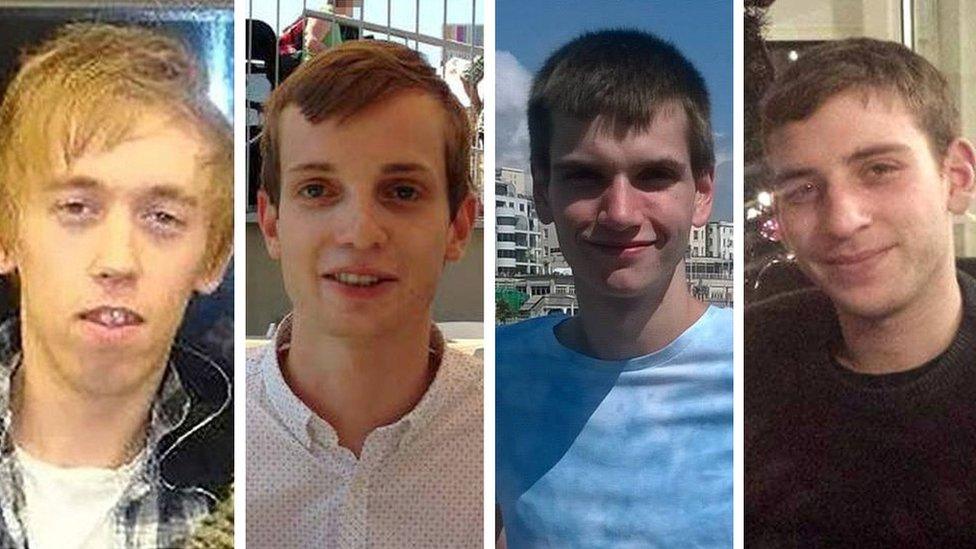
- Published8 October 2021
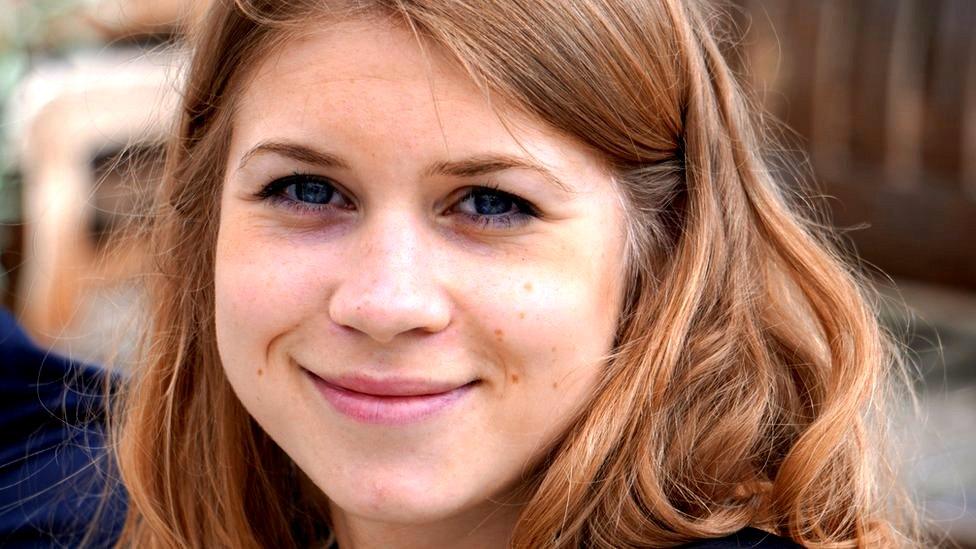
- Published1 September 2021
